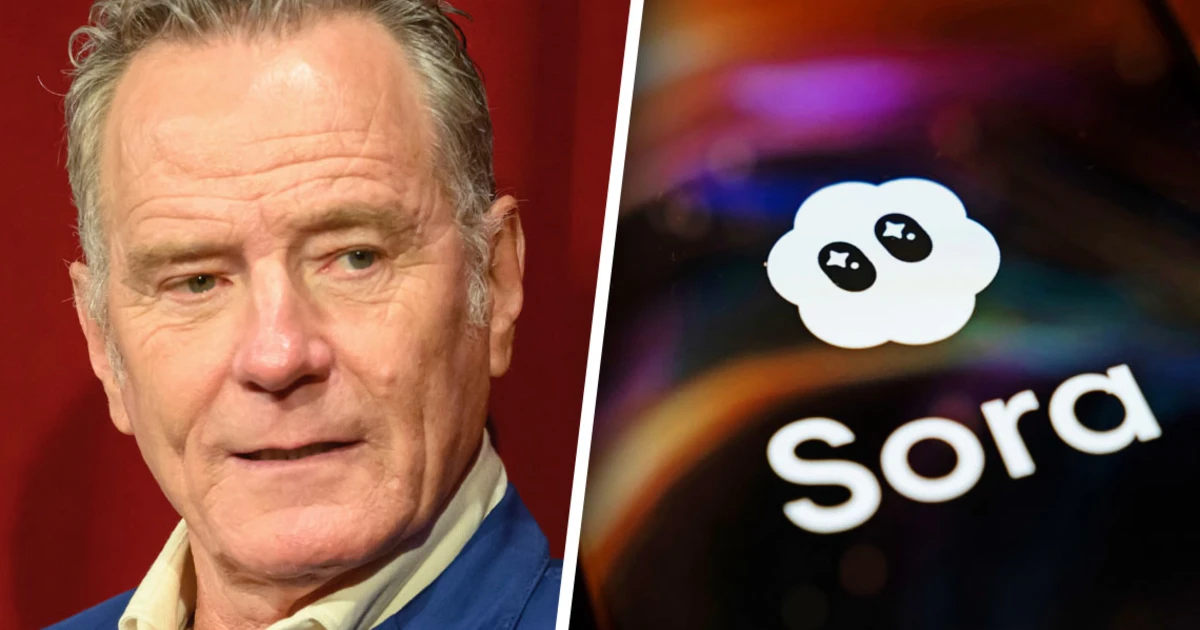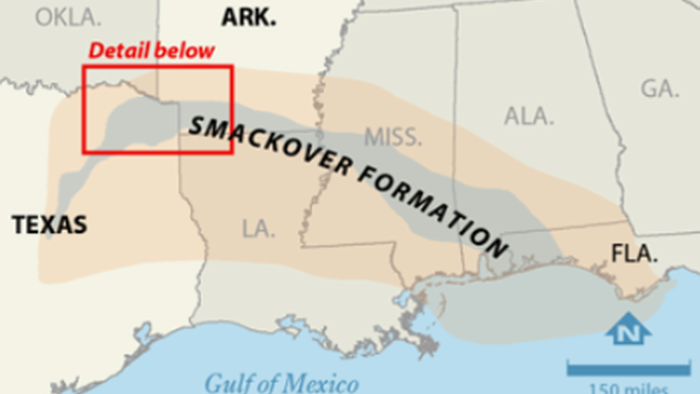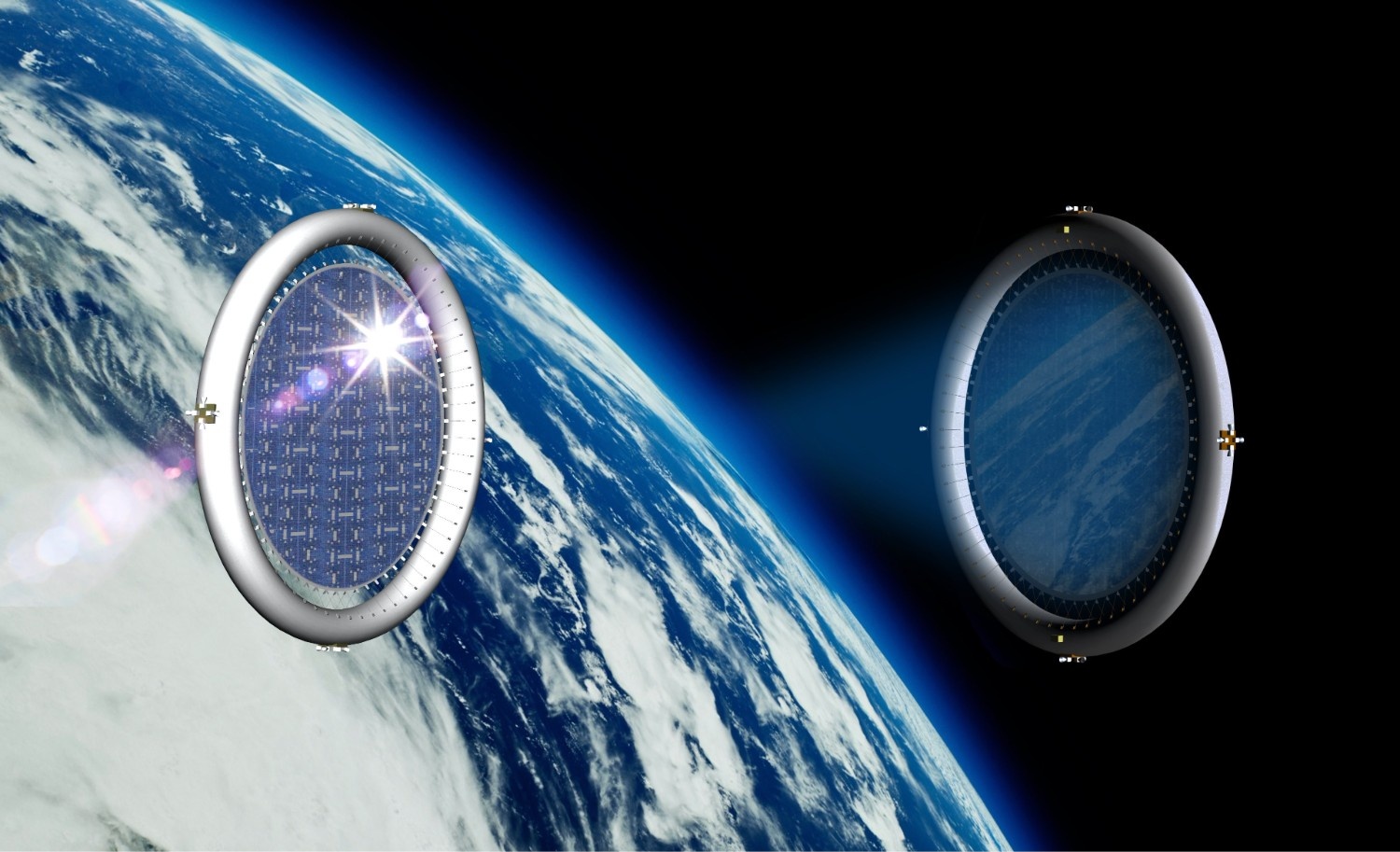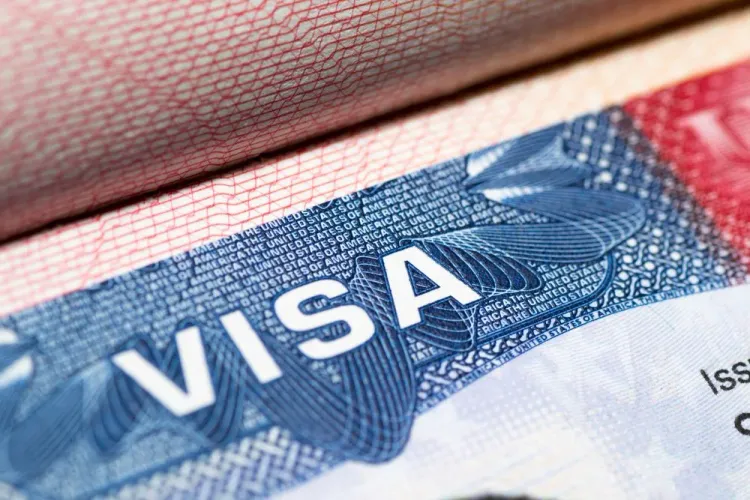Copyright NBC News

OpenAI said it is cracking down on unauthorized content following outcry over Sora 2’s ability to replicate likenesses and copyrighted material without permission. And public figures might have actor Bryan Cranston to thank for that. During the Sept. 30 launch of Sora 2, the newest version of OpenAI’s advanced text-to-video model, the company said it would prohibit users from replicating real people’s likenesses without that person explicitly opting in through a “cameo” feature. Despite this stated policy, videos of Cranston, who is best known for his role as Walter White in “Breaking Bad,” quickly started appearing on the Sora app alongside AI-generated videos of other celebrities, including deceased figures like Michael Jackson and copyrighted characters like Ronald McDonald. Cranston subsequently raised the issue with SAG-AFTRA, the union representing more than 150,000 film and TV performers, which has resulted in a collaborative effort with OpenAI and several talent agencies to “ensure voice and likeness protections in Sora 2,” the companies said in a joint statement posted to X on Monday. The statement said OpenAI has strengthened its original guardrails to ensure this type of content no longer slips through. OpenAI CEO Sam Altman noted that the company "is deeply committed to protecting performers from the misappropriation of their voice and likeness." The news comes as Hollywood creatives continue to grapple with the rapid advancements of artificial intelligence. Although many in Hollywood have secretly embraced AI tools in recent years, tensions between entertainment industry professionals and AI developers have remained high as artists express concern about the potential for such tools to steal their likenesses and take their labor. SAG-AFTRA’s attempt last year to funnel some compensation toward voice actors by striking a licensing deal with an AI company also faced backlash from some in the industry who opposed such cooperation altogether. Before signing onto Monday’s statement, the talent agency CAA had slammed OpenAI for “expos[ing] our clients and their intellectual property to significant risk” by allowing Sora 2 users to generate videos containing copyrighted IP, such of depictions of famous fictional and animated characters. Cranston also said in the post that he had brought up his concerns with Sora 2 to SAG-AFTRA after feeling "deeply concerned not just for myself, but for all performers whose work and identity can be misused in this way.” In the first few weeks after launch, videos of Sora-watermarked clips featuring copyrighted characters such as Spongebob Squarements, Pikachu and Mario flooded the internet. Prior to launch, The Wall Street Journal had reported that Sora 2 would let users generate material protected by copyright unless the copyright holders opted out of having their work appear. Now, however, requests to generate such clips on the Sora app return an error message stating that the prompt “may violate our guardrails” concerning “third-party likeness” or “similarity to third-party content.” OpenAI did not immediately respond to a request for comment about whether it has changed its policy around copyrighted content. The joint statement also expresses support for the NO FAKES Act, which aims to hold individuals, companies and platforms liable for producing or hosting unauthorized deepfakes. The bill, which was introduced in the Senate in April, has not moved forward in Congress. "We were an early supporter of the NO FAKES Act when it was introduced last year, and will always stand behind the rights of performers," Altman wrote in Monday's statement. Meanwhile, Altman is among a few prominent figures who have drawn intrigue online by embracing user-made deepfakes of themselves. While touting Sora 2’s abilities, Altman appeared eager to let people generate videos of him sticking his head out of a toilet, meowing in a cat suit or even shoplifting at a Target — something that stirred additional concern over the ability for Sora 2 to generate realistic but fake surveillance footage. Boxer and YouTuber Jake Paul has also been the subject of a slew of fake videos depicting him coming out as gay, giving makeup tutorials or dancing in a ballerina outfit. Paul, an OpenAI investor, has poked fun at the videos and has continued to allow others to cameo him on the Sora app, crediting the team behind it for "making the internet fun again." SAG-AFTRA President Sean Astin on Monday commended OpenAI for this opt-in protocol. “Bryan Cranston is one of countless performers whose voice and likeness are in danger of massive misappropriation by replication technology,” Astin said in the statement. “Bryan did the right thing by communicating with his union and his professional representatives to have the matter addressed. This particular case has a positive resolution.” Cranston also expressed optimism in his statement Monday, saying he’s “grateful to OpenAI for its policy and for improving its guardrails, and hope that they and all of the companies involved in this work, respect our personal and professional right to manage replication of our voice and likeness.”



